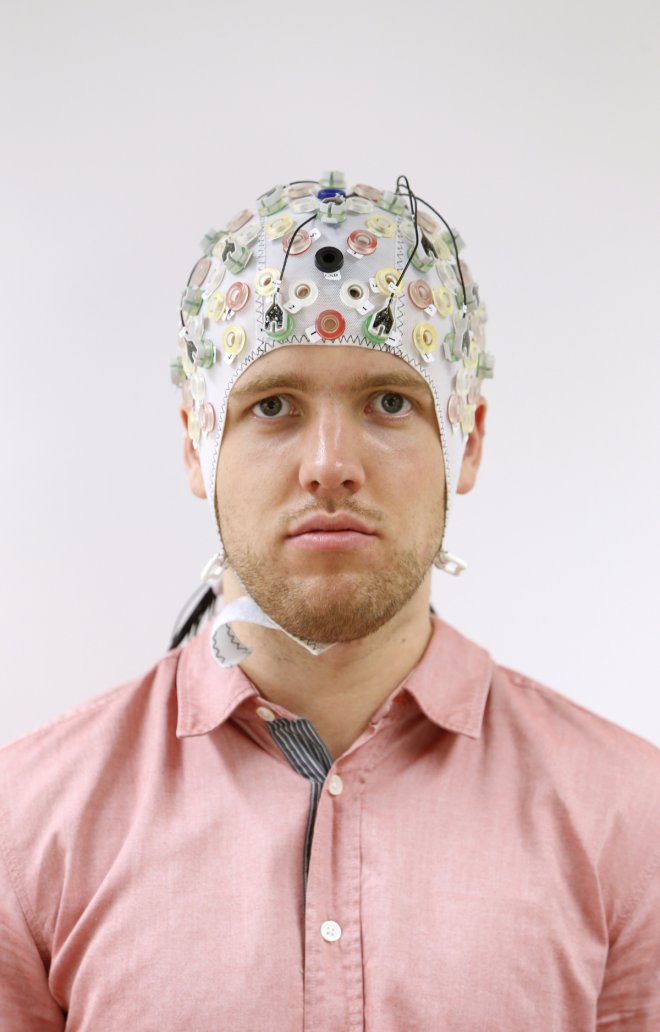
Researchers at John Hopkins University have recently found that a currently used brain-training method could help improve brain activities and learning capabilities, which would help people to excel at school and work.
The researchers did their study on three groups of people using currently used brain-training methods: "dual n-back" and "complex span", along with controlled tasks.
The research was published in 'Journal of Cognitive Enhancement', which states that it is possible to train the brain with targeted workouts, like other body parts.
The researchers initially gathered volunteering young adults who were arranged in three groups. Everyone was given cognitive tests which determined their working memory, attention and intelligence. Everyone's brain activities were recorded using an electroencephalogram (EEG). They were assigned to do the activities "dual n-back", "complex span", and the controlled tasks for a month while using the EEG. The activities were meant to be done for five days in a week for a span of 30 minutes.
After one month, the researchers analyzed that the group which had done the "dual n-back" had 30 percent increase in their working memory. The group which had done the "complex span" method had 15 percent improvement in their working memory while the group which had done controlled tasks didn't show much deviation.
Kara J. Blacker, a former Johns Hopkins postdoctoral fellow in psychological and brain sciences said, "People say cognitive training either works or doesn't work. We showed that it matters what kind of training you're doing."
The "dual n-back" method required the volunteers to remember constantly updating sequence of visuals and audio stimuli. The participants simultaneously saw squares flashing on a grid along with audios of different letters. They needed to remember and recollect the squares along with their corresponding letter audios. The sequence of square and corresponding letter changed in different rounds as the squares were shown with different letter sounds. The volunteer needs to remember the current sequence along with the one which was shown in previous rounds.
The "complex span" test had also involved remembering the sequence. But continuous updating of the sequence was not a necessity. Distractions were made during this test.
Susan Cortney, a Johns Hopkins neuroscientist and professor of psychology, said that cognitive skills are vital to people to perform in school and at work, when tasks are new and you can't just rely on old knowledge and habits.
She stated, "The findings suggest that this particular task is changing something about the brain. There's something about sequencing and updating that really taps into the things that only the pre-frontal cortex can do, the real-world problem-solving tasks."









